Wednesday thoughts
Jag såg en man ligga och dö på en bänk en natt
det var inte mycket att göra
Hans vän sa: Jesus tar hand om dig nu
men han kunde varken se eller höra
Månen blänkte i fjärden
nordens renaste vatten
Man la en filt över kroppen
sen gick vi sakta hemåt i natten
Death
This earth sometimes takes and sometimes gives. The other day earth took someone from me, a little too early. Quick and unexpectedly my mom got sick, her aorta burst and she went to the hospital in an ambulance and then had a 6 hr long surgery. Unfortunately she lost too much blood, and had other complications so she passed away before we really understood what had happened.
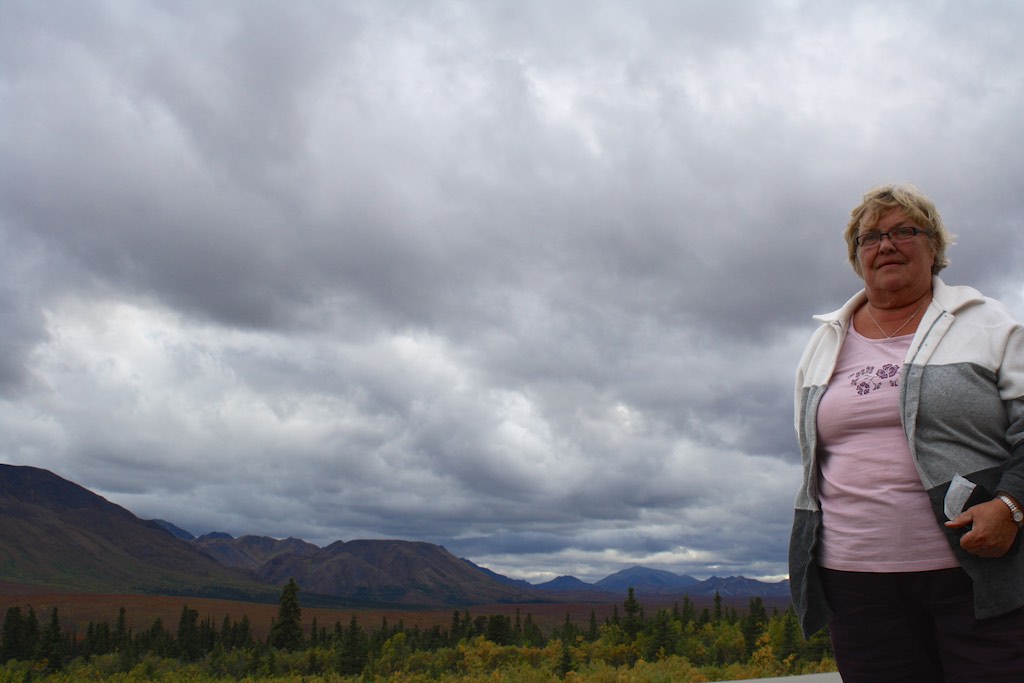
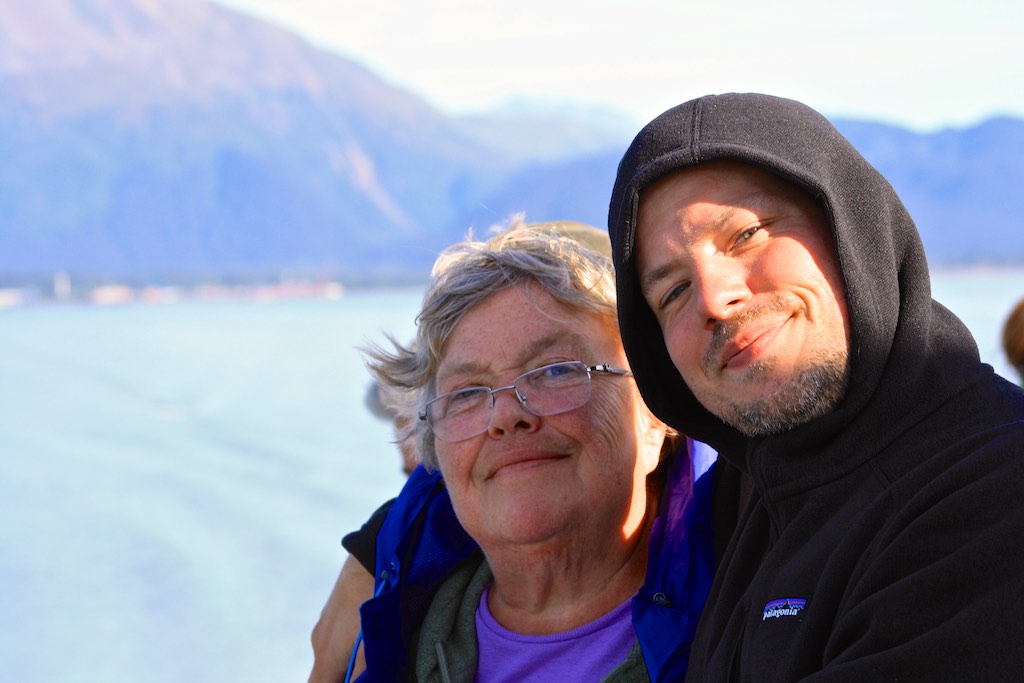
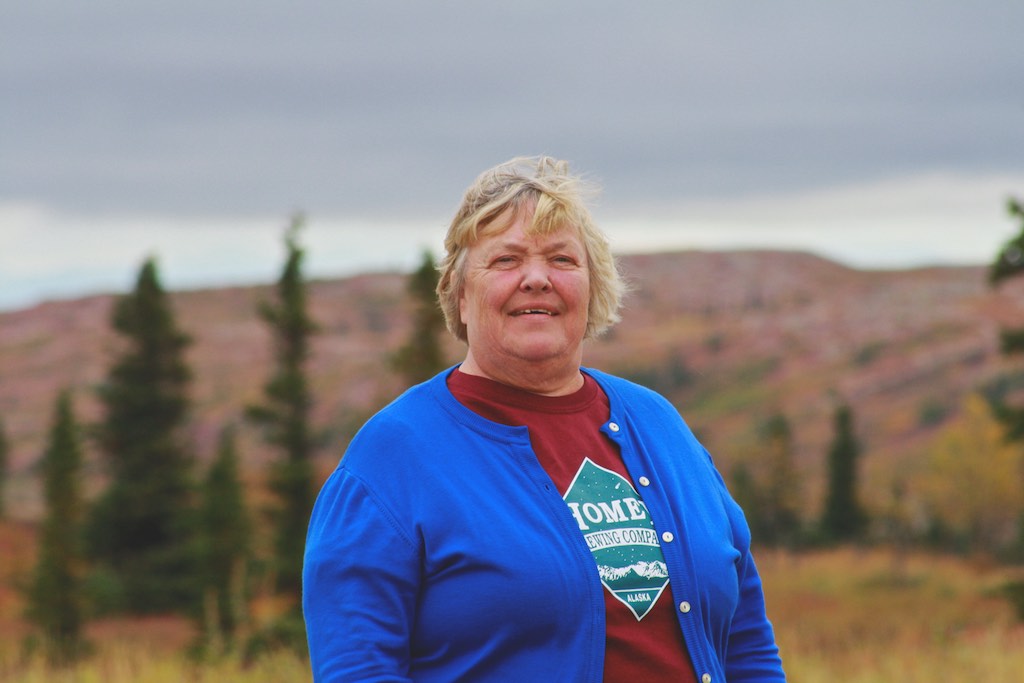

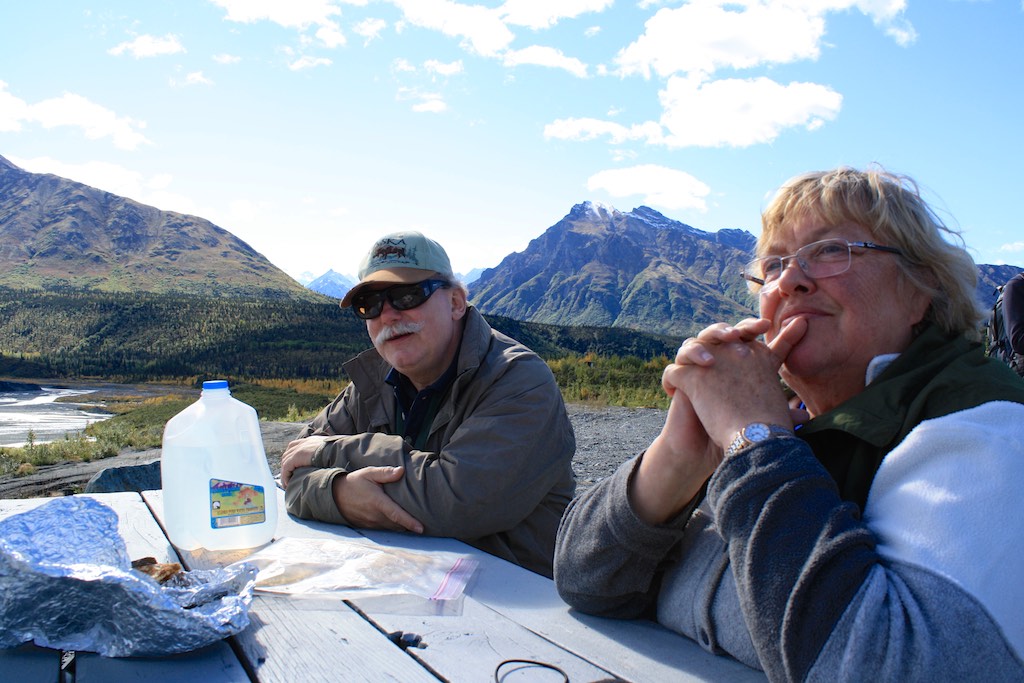
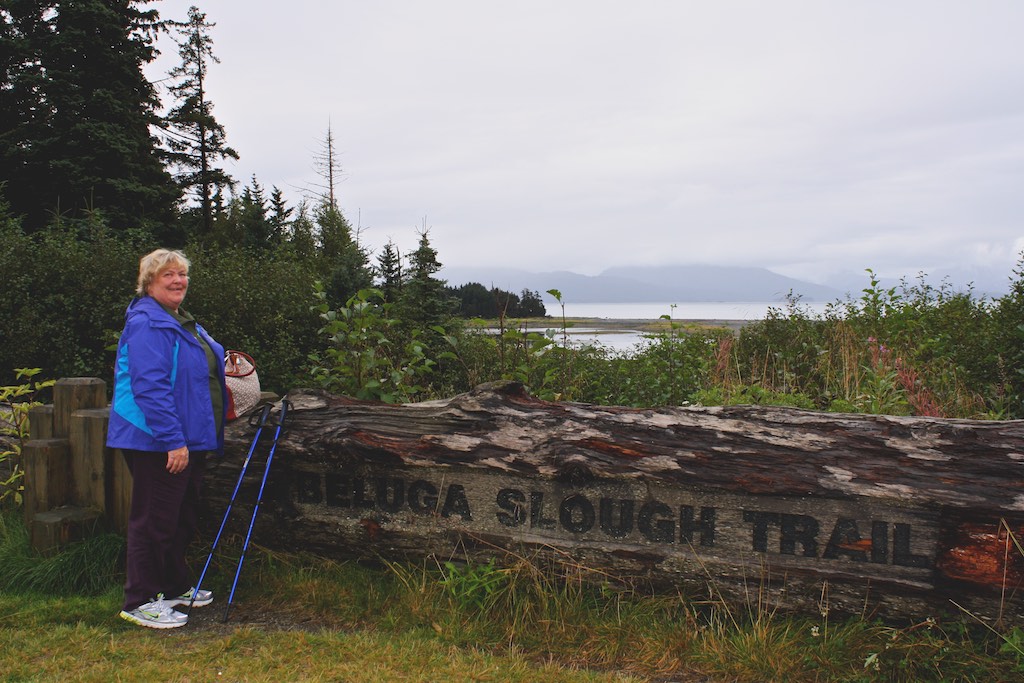
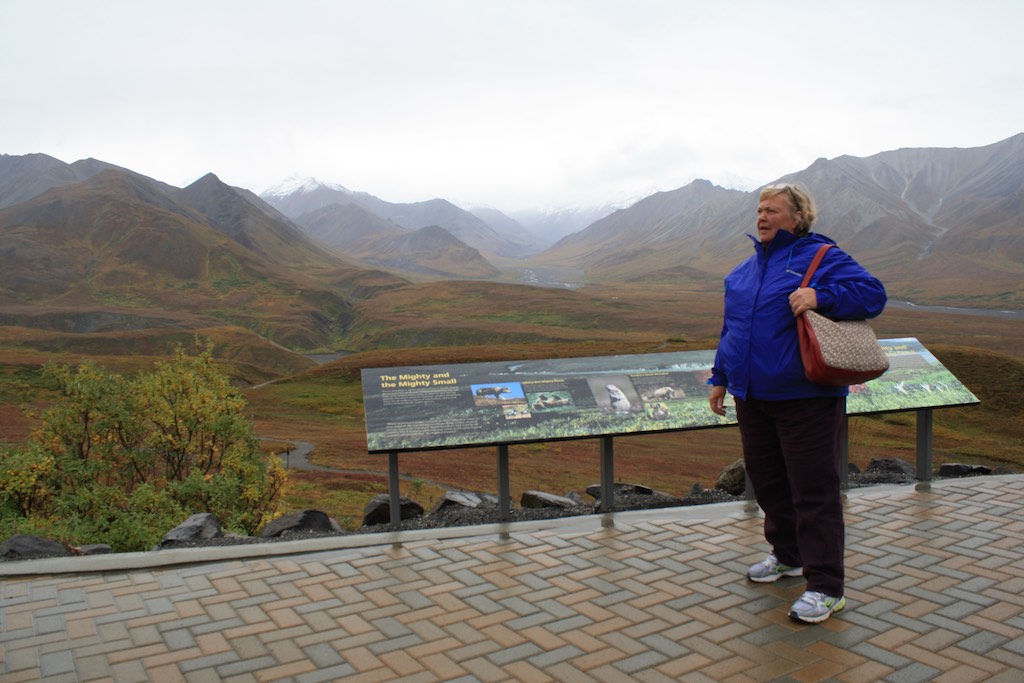
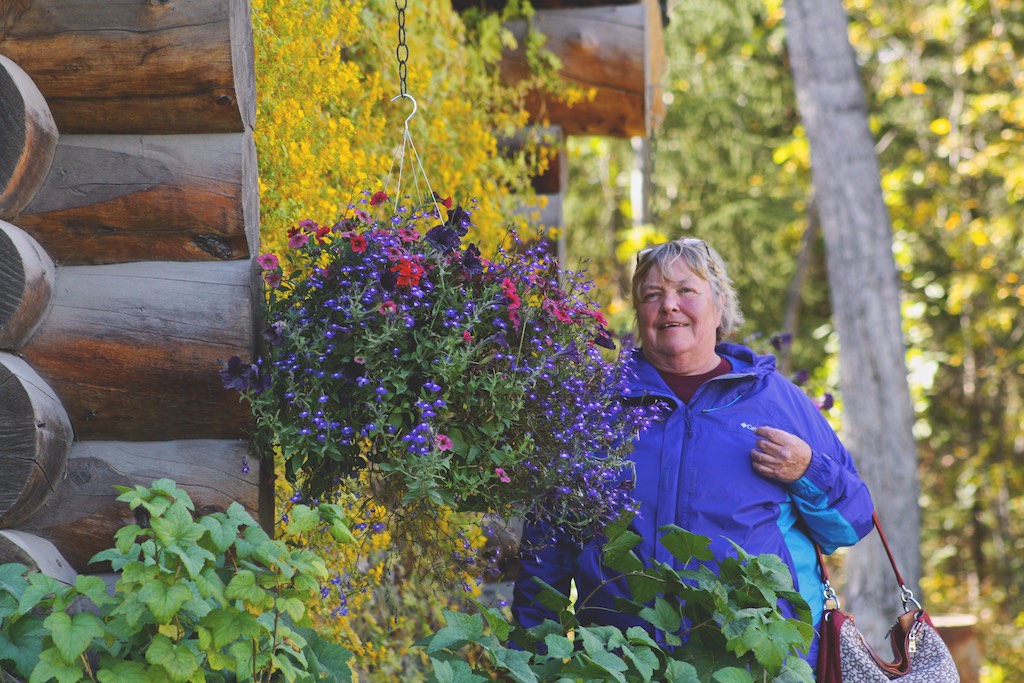
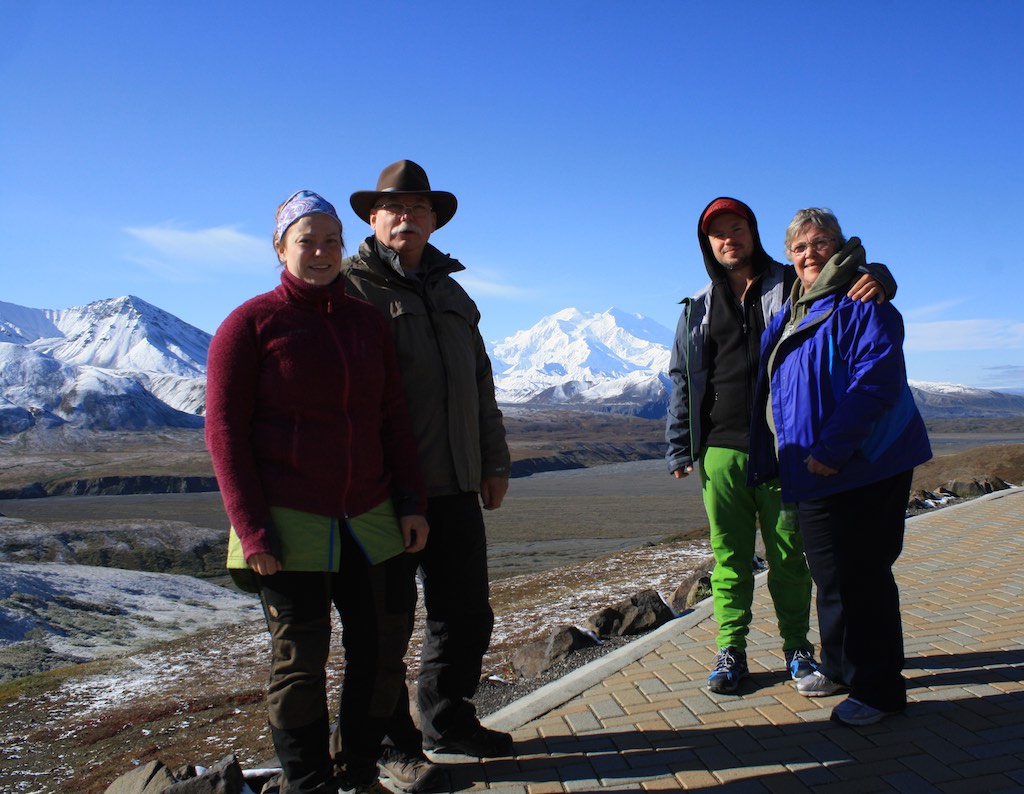
Monday
Monday, November 14th, the day of the super moon, the super moon that didn't really look like a super moon compared to what I have seen in Alaska. Mom was so happy to be able to go to Alaska, TWICE. She saw Denali and Northern Lights. Now I will travel home to Sweden much sooner than what I had anticipated. I just wish it was under better circumstances.
Mom
Mom touched so many people, she connected so well with everyone and anyone. It brings joy to my heart to know how much she meant to other people. Now she's gone but she will always be in our hearts and with me from now on.

